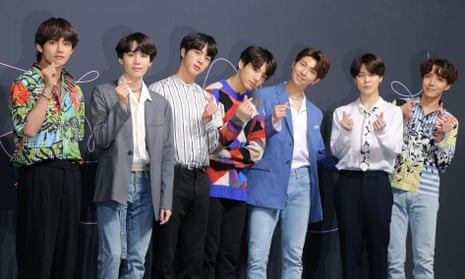It’s just as you suspected; the information age has changed the general attention span. A recently published study from researchers at the Technical University of Denmark suggests the collective global attention span is narrowing due to the amount of information that is presented to the public. Released on Monday in the scientific journal Nature Communications, the study shows people now have more things to focus on – but often focus on things for short periods of time.
The researchers studied several modes of media attention, gathered from several different sources, including (but not limited to): the past 40 years in movie ticket sales; Google books for 100 years; and more modernly, 2013 to 2016 Twitter data; 2010 to 2018 Google Trends; 2010 to 2015 Reddit trends; and 2012 to 2017 Wikipedia attention time. The researchers then created a mathematical model to predict three factors: the “hotness” of the topic, its progression throughout time in the public sphere and the desire for a new topic, said Dr Philipp Hövel, an applied mathematics professor of University College Cork in Ireland.
The empirical data found periods where topics would sharply capture widespread attention and promptly lose it just as quickly, except in the cases of publications like Wikipedia and scientific journals. For example, a 2013 Twitter global trend would last for an average of 17.5 hours, contrasted with a 2016 Twitter trend, which would last for only 11.9 hours.
In a press release from the Technical University of Denmark, Professor Sune Lehmann, who worked on the study, said: “It seems that the allocated attention time in our collective minds has a certain size but the cultural items competing for that attention have become more densely packed.”
“Content is increasing in volume, which exhausts our attention and our urge for ‘newness’ causes us to collectively switch between topics more regularly,” said Philipp Lorenz-Spreen of Max Planck Institute for Human Development that also participated in the study.
In a statement to the Guardian, Lorenz-Spreen and Hövel said the most surprising thing about the study was the level of attention the topics reached remained nearly constant. “The heights of the peaks of collective attention (maximum popularity) stay roughly stable while the slopes of their dynamics become steeper. This means that topics become popular more rapidly, but the interest fades away at a similarly increased rate. This causes narrower spans of collective attention towards individual topics.”
While social media definitely plays a part in this shift, it is not all to blame. “This trend had started at least [a] hundred years ago,” explained the researchers. The findings mostly correlate to the greater public, not the individuals who are seeing and creating the consumed media, like journalists who must compete in the accelerated news cycle. But Lorenz-Spreen and Hövel argue quality journalism will always have a place in the public sphere, just likely not on social media. “Visionary or well-investigated stories (quality journalism) will always have [their] space, but the distribution via social media alone is probably not the most efficient way of distribution for a longer, more detailed story.”
While there is no way to say exactly what the effect on the general public is, the researchers did speculate: “If nothing changes, topics that are discussed publicly will reduce to a minimum amount of reported information before moving to the next, almost certainly hurting the quality of information about the topic. On the other hand, things that are only noticed over a very short period might not be relevant [in] the long run.”
